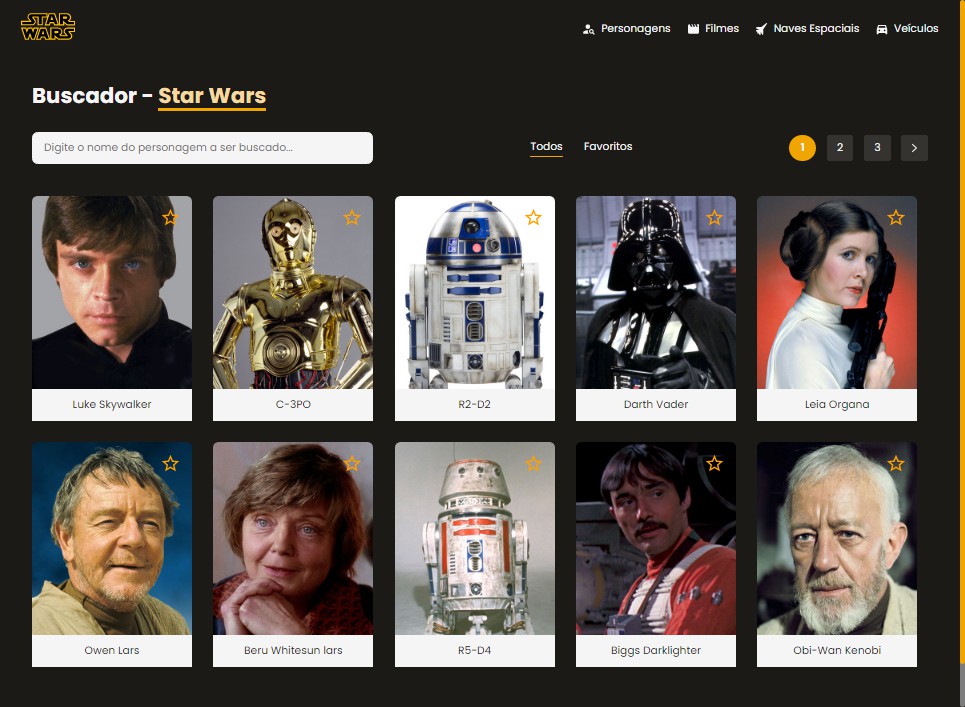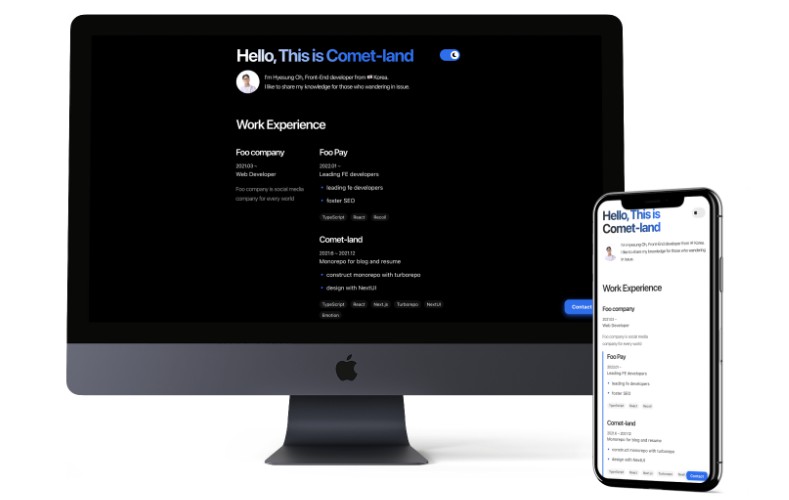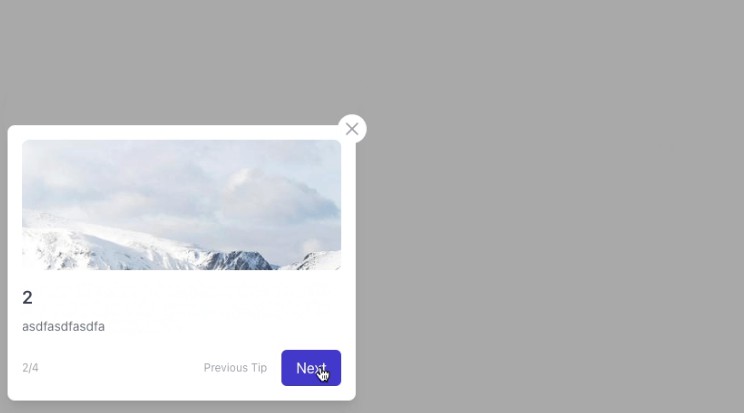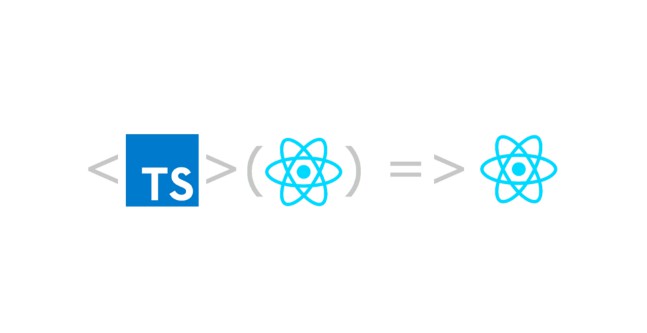Flexible React Stack
This guide will help you build your React app without enforcing strong opinions. For example, you will be able to choose between a classic React, Next.js, Remix or any other framework of your choice. We all know how fast the front-end landscape is changing. So instead of locking you into a specific stack, this guide talks about the options available at each step and lets you decide what you want to include in your stack.
Another advantage of this approach is that you know exactly what your stack contains. When that new shiny technology comes along, you are in a better position to slot it in!
As we build our stack, we will also build the following sample app in parallel.
For a quick test drive of the final application, follow the instructions below for a development build or a production build.
Development Build
npm install
npm run dev
Open browser windows at each of the following URLs to see the respective demo apps:
- http://localhost:3000/: React App
- http://localhost:3001/: Next.js App (not stated)
- http://localhost:3002/: Remix App (not started)
Note that the React App fetches mock data from MSW, whereas the other two apps fetch real data from the movie-api.
Note: Do not run
npm installin any of the subdirectories. It will break the build. There should be only onepackage-lock.jsonfile in the entire repo (at the root).
Production Build
To build all apps and packages, run the following command:
npm install
npm run build
Running Storybook
cd storybook
npm install
npm run storybook # you can also run it from the root directory
Running Unit Tests
npm run test
Running End-to-End Tests
npm run dev # starts a local server hosting the react app
# run cypress in a different shell
npm run cypress
Code Formatting
npm run format
TODO
- Update dependencies on
@storybook/reactfromnextto the latest version when this Storybook PR gets merged (add support for React 18). - Take out overrides of react and react-dom in
/package.jsonwhen version 18 is automatically hoisted instead of version 17.






